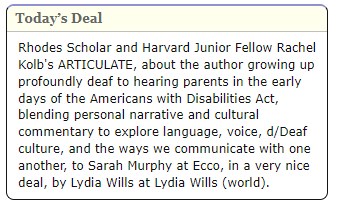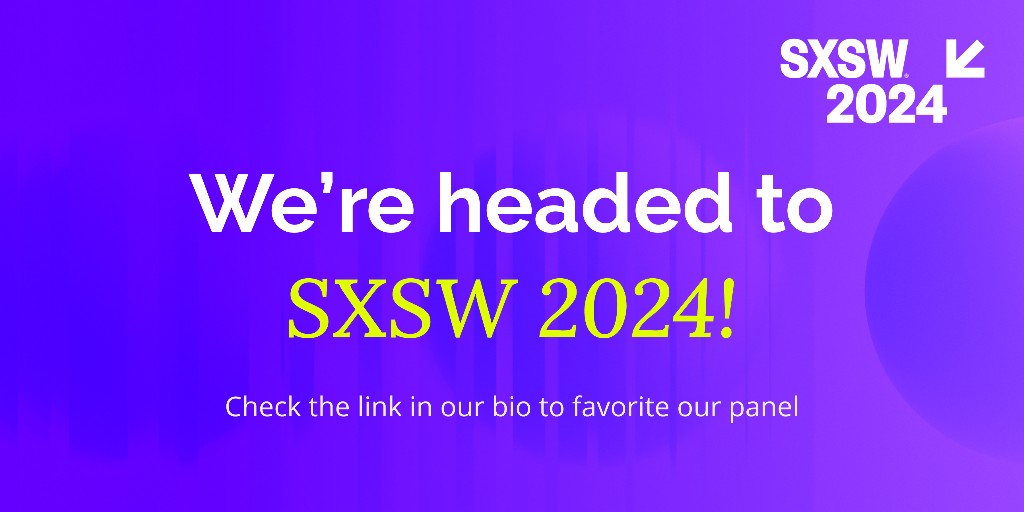
Rachel Kolb
@rachelrkolb
Writer, scholar, Junior Fellow in the Society of Fellows @Harvard, Deaf/disability advocate, ASL/English bilingual.
ID: 1325026196
http://rachelrkolb.com 03-04-2013 16:59:28
37 Tweet
309 Takipçi
122 Takip Edilen
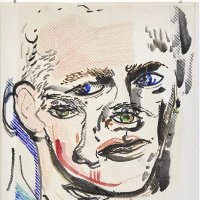
We're running a couple of interviews on Poetry Foundation this week that investigate language and translation from radically different angles. First up is this lively and thought-provoking conversation between Rachel Kolb and John Lee Clark: poetryfoundation.org/articles/15919…
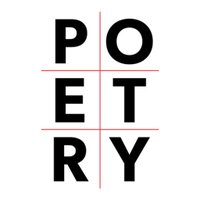
Your native language, it turns out, doesn’t have to be the first one you absorbed. Isn’t that wonderful? Your native language is the one that goes deepest. —John Lee Clark on his new collection, HOW TO COMMUNICATE, with Rachel Kolb [Art by Adrean Clark] bit.ly/3GSbRw0
![Poetry Foundation (@poetryfound) on Twitter photo Your native language, it turns out, doesn’t have to be the first one you absorbed. Isn’t that wonderful? Your native language is the one that goes deepest.
—<a href="/johnleeclark/">John Lee Clark</a> on his new collection, HOW TO COMMUNICATE, with <a href="/RachelRKolb/">Rachel Kolb</a>
[Art by Adrean Clark] bit.ly/3GSbRw0 Your native language, it turns out, doesn’t have to be the first one you absorbed. Isn’t that wonderful? Your native language is the one that goes deepest.
—<a href="/johnleeclark/">John Lee Clark</a> on his new collection, HOW TO COMMUNICATE, with <a href="/RachelRKolb/">Rachel Kolb</a>
[Art by Adrean Clark] bit.ly/3GSbRw0](https://pbs.twimg.com/media/FiqzkQ0XkAcHmrn.jpg)

There’s not much language or idiom in the English poetic canon that is born of touch, that lives in a tactile environment. The English language felt so ill-equipped to me. —John Lee Clark in conversation with Rachel Kolb [Art by Adrean Clark] bit.ly/3GSbRw0
![Poetry Foundation (@poetryfound) on Twitter photo There’s not much language or idiom in the English poetic canon that is born of touch, that lives in a tactile environment. The English language felt so ill-equipped to me.
—<a href="/johnleeclark/">John Lee Clark</a> in conversation with <a href="/RachelRKolb/">Rachel Kolb</a>
[Art by Adrean Clark] bit.ly/3GSbRw0 There’s not much language or idiom in the English poetic canon that is born of touch, that lives in a tactile environment. The English language felt so ill-equipped to me.
—<a href="/johnleeclark/">John Lee Clark</a> in conversation with <a href="/RachelRKolb/">Rachel Kolb</a>
[Art by Adrean Clark] bit.ly/3GSbRw0](https://pbs.twimg.com/media/Fi_-yTXWQAAZTFe.jpg)

Loved Rachel Kolb's interview with John Lee Clark about his new poetry collection "How to Communicate" in POETRY magazine! Especially the discussion of how Braille and Protactile shapes his poetry. Indeed, everything becomes a verb--and deeply felt. poetryfoundation.org/articles/15919…

If you like poetry, or smart essays about poetry, I invite you to peruse this reading list of the more than three dozen features Poetry Foundation published this year poetryfoundation.org/articles/15920…
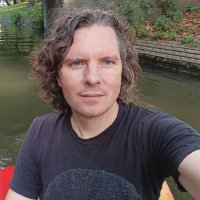
Deaf writers like Rachel Kolb and @sarahbea89 have written thoughtful accounts about how CRISPR may impact the future of their communities. My New York Times Opinion essay owes an intellectual debt to their important work 👇 sfchronicle.com/opinion/openfo… discovermagazine.com/health/why-dea…
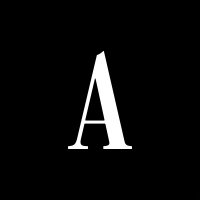
"Deaf and disabled people have always been supreme life hackers, and I have learned to embrace auto-captions as an everyday communication-hacking tool," Rachel Kolb writes: on.theatln.tc/C3njGez

Read all about auto-captions, captioned glasses, and some of the real nuances of access in my latest essay, out in The Atlantic today! theatlantic.com/ideas/archive/…

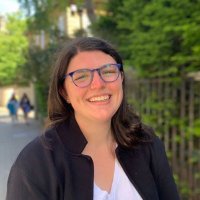
Great discussion this morning at #Rhodes120, talking about disability, accessibility, and inclusion. It was such an honour to be speaking alongside so many fantastic Rhodes Scholars working in this space, including Rachel Kolb khansa Maria Matt Pierri Rahul Bajaj


We need your vote for #SXSW #PanelPicker! Derick Rhodes (Vimeo), Fernando Trueba (Rev), Amanda ‘science fan girl’ Morris (she/her) 🤟🏻🌵 (The Washington Post), and I will discuss accessibility in the future of media: panelpicker.sxsw.com/vote/134608

I had the opportunity to interview Andrew Leland about his new book, The Country of the Blind, for The Nation! I so enjoyed this conversation (and this book), you should go check it out too. thenation.com/article/cultur…

Really lovely conversation between Rachel Kolb and and Andrew Leland (Andrew Leland) on vision loss, disability politics, literature, art, journalism, and unearthing a curriculum of blindness thenation.com/article/cultur…


Such a thoughtful #SXSW panel on the importance of accessibility in video moderated by Amanda ‘science fan girl’ Morris (she/her) 🤟🏻🌵, featuring Zohar Dayan, Rachel Kolb, and Fernando Trueba The chat was loaded with insights, but here are a few of our fave takeaways ⬇️

What an honor to have @ZoharDayan from Vimeo, Amanda ‘science fan girl’ Morris (she/her) 🤟🏻🌵 from @WashingtonPost, and Rachel Kolb from Harvard University join our CMO Fernando Trueba at @SXSW. Watch the panel below: YouTube: youtube.com/watch?v=lPuh6B… Vimeo: vimeo.com/922500760?shar…


I've been giving the whole Substack thing a try, just jotted down some thoughts about participating at #SXSW this weekend with Zohar Dayan from Vimeo, Amanda ‘science fan girl’ Morris (she/her) 🤟🏻🌵 from The Washington Post, and Fernando Trueba from Rev. A great experience all around! rachelrkolb.substack.com/p/accessibilit…


“What we’re trying to do is to enable content distributors, content creators, [and] storytellers to portray their message and to convey and connect with audiences at a deeper level... That’s what moves us every day.” Fernando Trueba Forbes Rachel Kolb bit.ly/49YWehi

The central mystery of The Tuba Thieves isn’t about the theft of instruments; it’s about the nature of sound itself. A documentary experience unlike anything you’ve ever seen before, watch Independent Lens’ #TubaThievesPBS on the PBS App starting May 20. pbs.org/tubathieves
